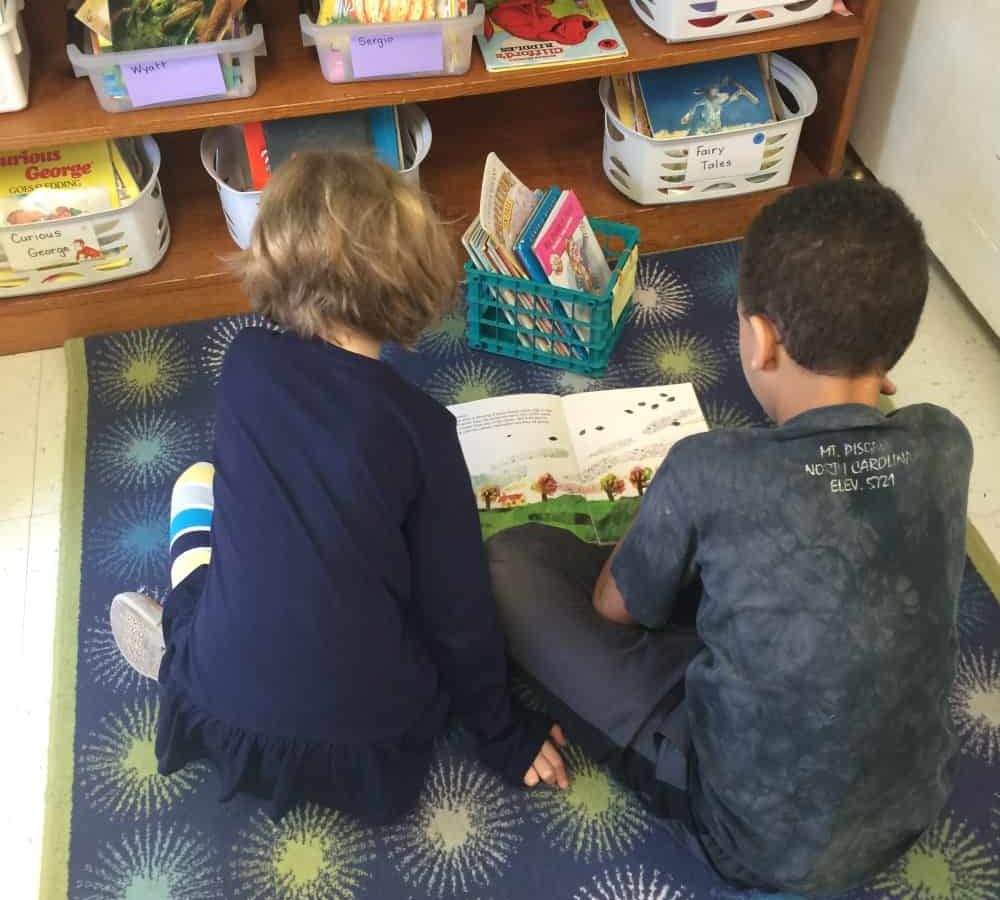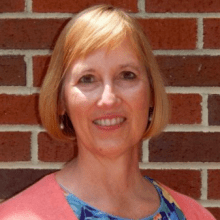

I am a teacher in a North Carolina Public Charter School. A colleague from another school system recently congratulated me on the passage of a bill approving increased funding for vouchers. I was quite taken aback. Vouchers fund private schools, not charter schools. In that conversation, I realized the confusion that remains regarding the differences between three types of schools in our state: charter, traditional public, and private schools. Most concerning, this continued confusion diminishes our ability to critique and improve education policy.
The data from the Hope Street Group North Carolina Teacher Voice Network’s Fall Survey shows a particular misunderstanding about the role and responsibilities of charter schools in our state. Charter schools were initially created to provide opportunities to try out innovative educational practices. The idea was that with less constraints charter schools could implement new practices. And, if successful, they would share their strategies with other educators.
Although less constraints were initially placed on charters, they have always been required to meet the same testing requirements and to teach the same state curriculum as other public schools. They must abide by the same regulations governing exceptional children and discrimination. And they must do this with less funding. Charters are not provided with any funds for a building, transportation, or a lunch program.
Charter schools are vastly different from one another. Some charters are very progressive and experimental in their approach to education while others are more traditional than most traditional public schools. Some stress standardized testing while others regard it as a necessary evil. Some pay staff and administrators the same as their surrounding district while others pay less. Some hire only licensed teachers while others hire the least number of licensed teachers allowed by the law.
While it is difficult to compare charter schools to one another, there are standard differences between charter schools, traditional public schools, and private schools. It is important for teachers and the general public to understand the difference, because as, with the voucher program, their tax dollars are funding all three. And for those with school-age children, understanding the differences is critical in making an informed decision as to where to enroll their child.
Charter schools were never intended to take over public schools. Their original intent was to be incubators of educational innovation which would then be shared with traditional public schools. Instead of sniping at each other, charter schools and traditional public schools should realize that the common concern is vouchers for private schools. These vouchers divert money from public schools (both traditional and charter) to private schools which are not accountable financially or academically. The money given to vouchers grew by 129 percent ($17.6 million this year and an additional $24.8 million next year). Moving scarce tax dollars for public education to private schools is of great concern to teachers and families in both traditional and charter public schools. After all, charter schools are public schools for the public benefit. Making these correct distinctions is critical to effective conversations and ultimately, to the success of North Carolina’s students.
| Traditional Public | Public Charter | Private School (Vouchers) |
|---|---|---|
| State funded free for families | State funded free for families | Partially state funded through the voucher program for families that qualify- families must pay the balance
|
| Publicly accountable for student learning – state testing program | Publicly accountable for student learning – state testing program | Not publicly accountable |
| May not discriminate in admissions | May not discriminate in admissions | May discriminate in admissions |
| Must provide services for children with exceptional needs | Must provide services for children with exceptional needs | Not required to provide services for children with exceptional needs |
| Do not promote a religion | Do not promote a religion | May promote a religion |
| Finances are public record | Finances are public record | Finances may or may not be public |
| Use NC state curriculum | Use NC state curriculum | Use any curriculum |
| All teachers must be licensed | Minimum 90% of elementary and 75% of secondary teachers must be licensed | No requirements for licensure |
| Curriculum direction from DPI, SBE and local school district | Curriculum direction from the DPI and SBE | Varies by school – no requirements |
| Teachers evaluated using the standard state instrument | Teachers evaluated using a state approved teacher evaluation instrument | Varies by school – no requirements |




